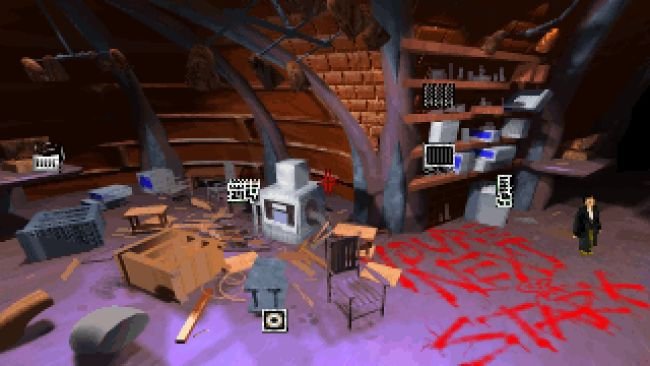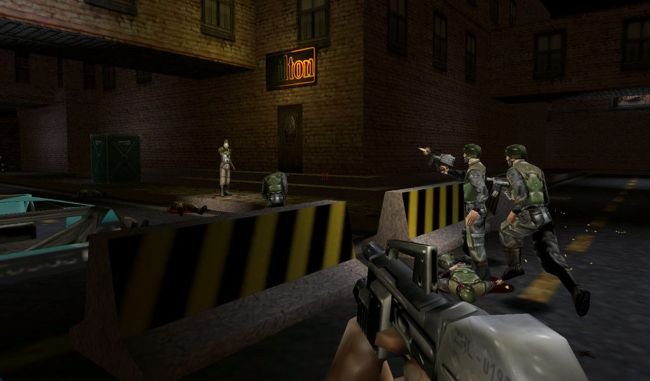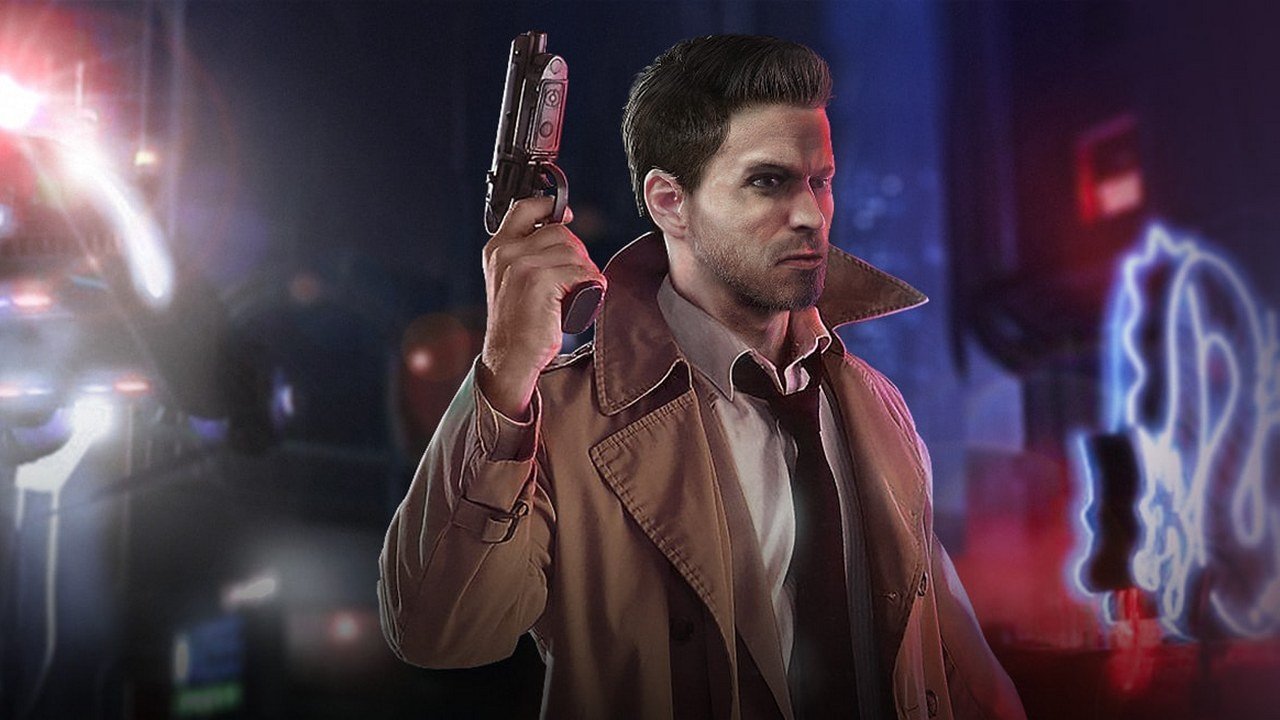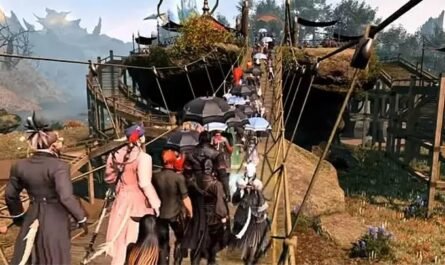
Albeit prior models do exist, nothing summarizes the disposition and tasteful of cyberpunk, very like the opening of William Gibson’s 1984 novel Neuromancer: “The sky over the port was the shade of TV, tuned to a dead station.” It’s a type of sci-fi regularly set apart by its complexities, maggot and innovative, to cite creator Bruce Sterling, and a dream of the not so distant future with its feet vigorously planted in both the fixations and negativity of the 1980s.
It’s in a split second conspicuous but then resists slick categorization, with components of noir, parody, fetishism, and distrustfulness all customarily combined. In its stock structure, it’s the not so distant future as observed from the drain—individualists battling to live as they pick in the unending obscurity and driving precipitation of harsh future urban communities where megacorporations rule everything and everybody. It’s the absolute opposite of idealistic science fiction, for example, the Star Trek arrangement, normally established it might be said of agnosticism and culpability. Debasement is overflowing, brutality is ubiquitous, and the law has a place with the most noteworthy bidder.
In any case, as most classifications, there’s more to the setting than that. First off, it’s a dim perspective on what’s to come that is likewise molded by its makers’ interests; a solid Asian vibe to the universes, for example, from the notorious geisha board that acquaints us with Blade Runner’s not so distant future Los Angeles, to the presence of paradigms like Shadowrun’s ‘road samurai.’ The outcome will, in general, be universes that are cool to visit, yet would be loathsome to in reality live in.
More profound down, however, cyberpunk is a type that is less intrigued by the extravagant toys and brilliant lights as the inquiries that they raise about humankind—personality, sexuality, morals, memory, opportunity, and the sky is the limit from there. Sharp edge Runner, for instance, is ostensibly a motion picture about a cop pursuing down robots, however by and by is a more profound philosophical work that investigates the idea of humanity by standing out chilly hero Deckard from the enthusiastic Replicants he chases.
This sort of investigation is a piece of most significant cyberpunk works of the most recent couple of decades, paying little respect to their causes. Be it the title of Ghost In The Shell alluding to a flash of soul in any event, when every natural component have been supplanted with apparatus, to The Matrix, generally talked about for the two its precise subjects, for example, the nature of the real world, and for the numerous illustrations that can have added something extra to it, most remarkably its capability to be viewed as a transgender person turning out story, and—somewhat less decidedly—the ascent of ways of thinking, for example, ‘red pilling’ inside specific online networks.
Closer to home

However, we should coordinate our focus toward games. Cyberpunk has been a bit of them since the beginning, paying little respect to whether it never too knew a setting as you would envision. Neuromancer viewed as changed as far back as 1988, and immense quantities of its segments are up ’til now present in the web prospects today—hacking all things considered virtual presence where the developer should fight against ICE (Intrusion Countermeasure Electronics), updates as capacity chips, and so forth. While not an exceptional game, it was a historical one, offering experience/RPG cyberpunk movement more than ten years before Deus Ex, one where you could go from offering your organs for pocket money to wandering not far off and finding a religion subject to Pong.
As a game, however, it made barely any waves, and this is valid for most endeavors until the new thousand years. Where there recollected, it’s basically for their peculiarities. The first Blade Runner game especially stands apart here: an 8-piece excursion not founded on the motion picture—that would have been costly—but instead ‘enlivened by the Vangelis soundtrack.’ That motivation some way or another prompted you being a cop in a significant coat pursuing down ‘real droids’ in a cutting edge city. That was 1985. Westwood’s authentic game wouldn’t land until 1997.
Not being gigantic business triumphs didn’t imply that these games weren’t intriguing. One of the more goal-oriented ones was Westwood’s Circuit’s Edge—that is, Westwood as later on the maker of Command and Conquered. This was a content experience with straightforward graphical components, given the novel When Gravity Falls, with Islamic ingredients rather than the typical Asian ones. While as a rule overlooked today, it’s an interesting bit of gaming history both for its specialized side, with components, for example, NPC booking, and for including the absolute most punctual gay/trans characters on PC.
Thoughts all in all were the class’ quality, regardless of whether the games they were in drew more by and large from Blade Runner’s feel than cyberpunk reasoning. Metal Gear maker Hideo Kojima, for instance, made Snatcher, a unique anecdote about an investigator with a secretive past chasing humanoid robots in the modern Neo Kobe City. Significantly increasingly barefaced was Sierra’s Rise Of The Dragon, a Chinese-themed experience set in Los Angeles that named its saint ‘Cutting edge Hunter.’ Nothing, be that as it may, was ever very as improper as Access Software’s Mean Streets, which didn’t merely lift Blade Runner’s style, however indecently squeezed one of its promoting blurbs.
Future stuns

When games broke freed from that, the results might be fascinating. DreamWeb was one among the earliest to form waves, though not such a lot for the very fact that your character was a potentially insane serial murderer being guided by his dreams, as for the inclusion of a sex scene showing a couple of infamous pixels of the penis. It had been an enjoyable game, though, a minimum of for the primary few missions, before everyone involved unfortunately appeared to get somewhat tired of the concept.
Other prominent games of the ’90s included Origin’s Cybermage: Darklight Awakening, arguably the foremost ’90s name ever, the first System Shock, interactive movies with titles like Angel Devoid and BurnCycle, and in fact, the opening disc of ultimate Fantasy VII, which eschewed traditional fantasy for dark alleyways and therefore the evil Shinra corporation. While it wasn’t on PC, CD32 game Liberation: Captive II also deserves mention. It had been an RPG about freeing prisoners during a vast, fully explorable city. Almost impossible in scope then, it’s still impressive to think about today.
Three of the more interesting failed experiments came from creators John Antinori and Laura Kampo: Bloodnet, Hell: A Cyberpunk Thriller, and (minus Kampo) Ripper. They’re not great games, but they represent a number of the first earnest attempts to form Cyberpunk Work. Bloodnet mixed the standard elements with vampires, in an open-world adventure/RPG during which you often had to feed to take care of your sanity, and any NPC was a possible target. Hell was a few future governments working with demons to damn their enemies (though it had been a computer game scam). Finally, Ripper brought Jack the Ripper into the longer term, with some hilariously campy FMV, and an enormous cast of actors like Christopher Walken and a pre-fame Paul Giamatti.
Alas, it wouldn’t be until Westwood returned to the genre with its official Blade Runner game, and Ion Storm released Deus Ex, that the style would get its dues on PC.
Even then, it’s been a bumpy ride. Until CD Projekt, we’d never seen a politician Cyberpunk game, despite the P&P having been written back within the very Web 1.0 era of 1988. And while there had been pretty good console RPGs supported its main competitor, Shadowrun (cyberpunk, but with elves and trolls and magic), it wouldn’t be until over a decade later that Microsoft finally released a PC one. Unfortunately, this one wasn’t an RPG, but a mediocre team-based FPS that fans mostly loathed. It wouldn’t be for several more years that Shadowrun Returns would save the series’ reputation with a trilogy of fantastic games. The other, Dragonfall, is particularly good.
Metaverse and beyond

Despite the struggles, cyberpunk has always been a neighborhood of PC gaming—elements borrowed, inspiration drawn, cool things cherry-picked, whether something simple, just like the anime stylings of Bungie’s Oni, the fresh approach of hacking in Introversion’s Uplink, or the sprawling dystopia of Syndicate and Syndicate Wars, during which you’re the evil corporation rather than the oppressed antihero.
Along with Blade Runner, one particular work has repeatedly cropped up in gaming culture—Neal Stephenson’s Snow Crash. While a part of the genre, it largely satirized cyberpunk tropes, as best summed up by the most character being a hacker pizza deliveryman called ‘Hiro Protagonist.’ Its central concept, a virtual world called the Metaverse, became an idea for what the web could be—popularising, as an example, the word ‘avatar’ as a reputation for a personality, and therefore the dream of a user-created space during which code and imagination could craft any landscape. This, alas, never happened, with the most honest attempt, Second Life, quickly descending from utopian dreams of virtual universities and truly world-wide rock concerts into a virtual universe of porn shops.
Still, the dream defined both an idealized future for the web and gaming generally, that we’ve seen explored in everything from MMORPGs to VR. Microsoft’s Xbox Live was heavily inspired by the novel, for instance, with its creator’s given copies to read as homework.
Something is endearing about that: while cyberpunk as a genre may have often been marginalized in gaming next to newer, shinier visions of the longer term, it had been helping define the more extended time long before the likes of Deus Ex brought its nihilistic visions mainstream.
Now, in an era of indie creators facing off against huge publishers and platform holders, it’s new meaning—the establishment that desires quite just your money, rebels creating art. Therefore the internet because the last battlefield where David can fight Goliath. It’s going not to be dark alleyways and rainy cities, but gaming doesn’t get far more cyberpunk than that. Unless, of course, David finally upgrades to a katana.










